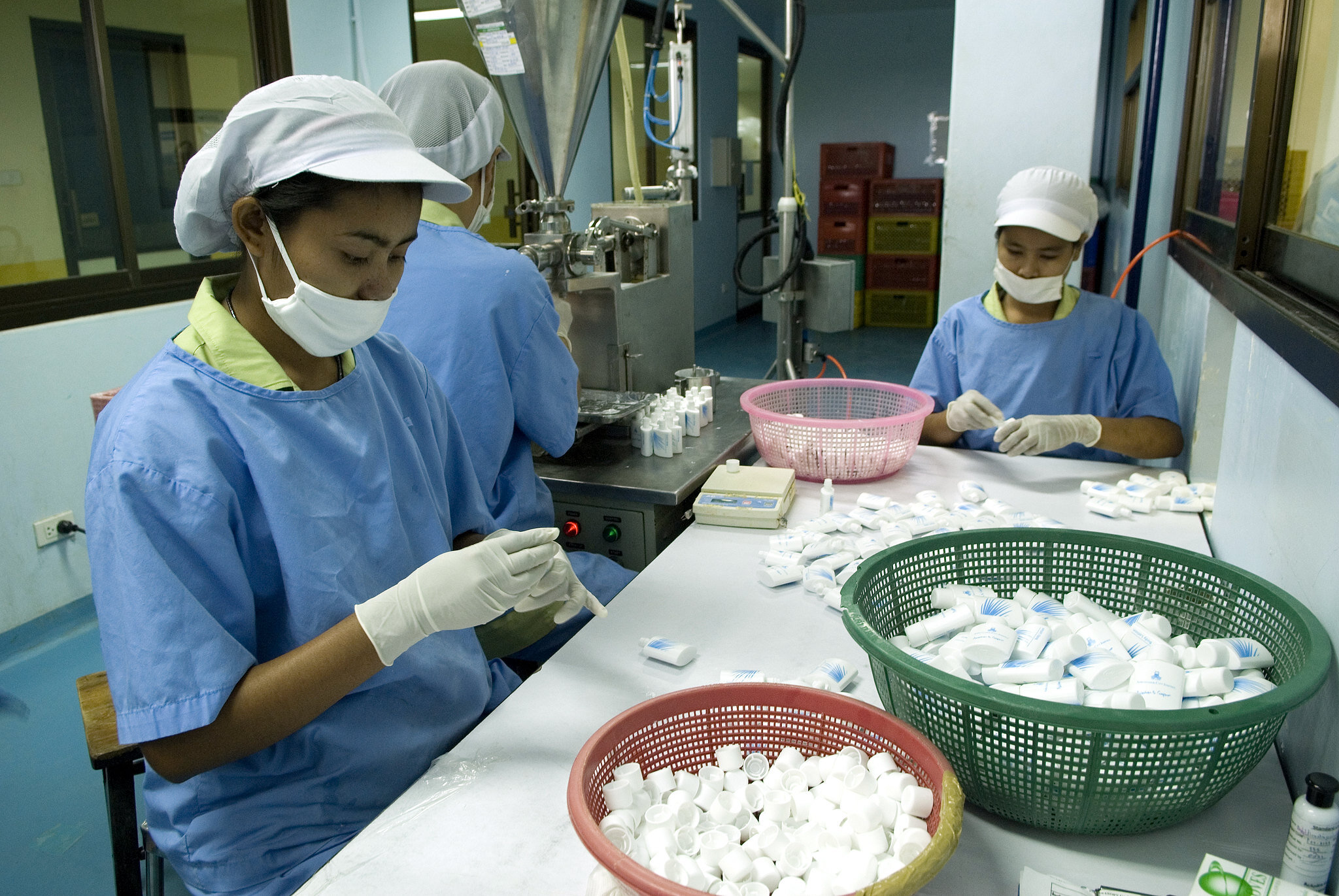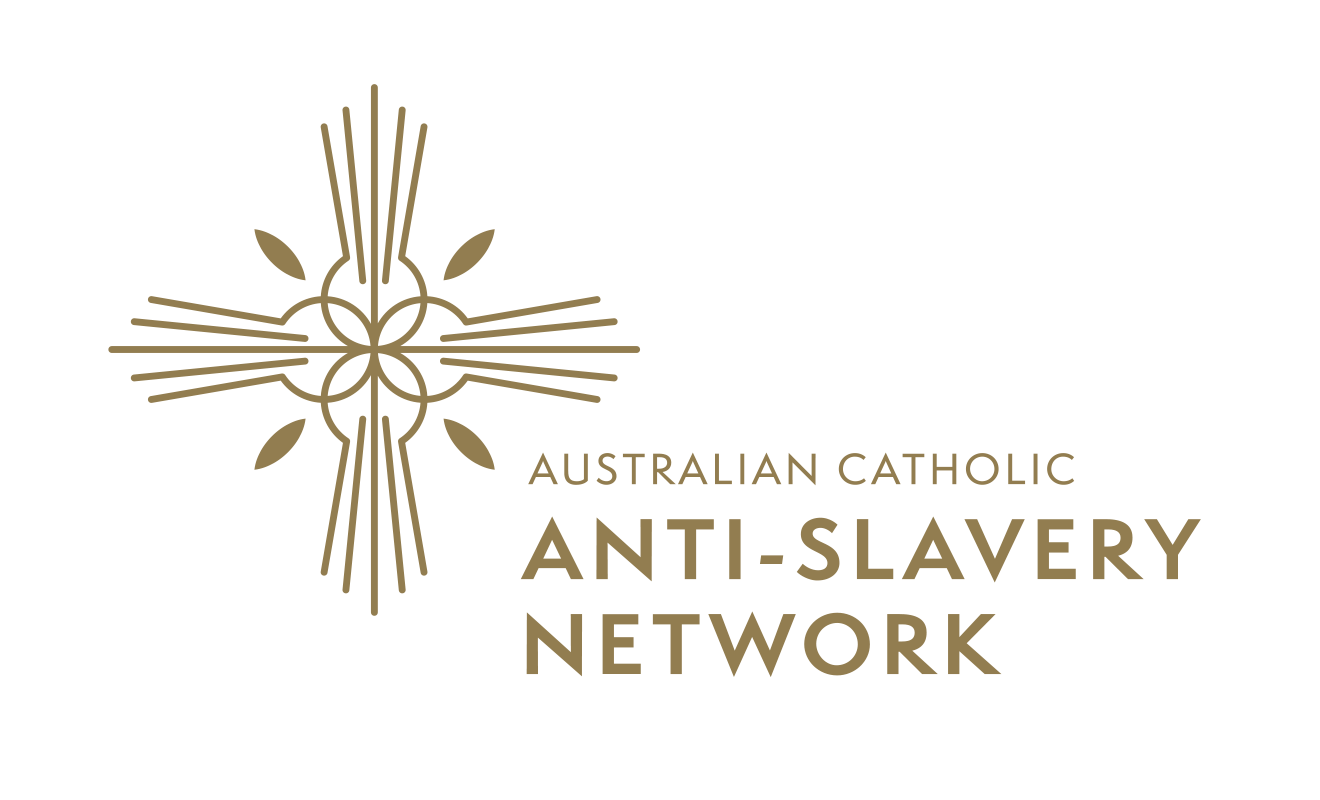
Catholic Action to End Modern Slavery
Shop for Good in 2023!
All chocolate, tea and coffee products are not the same – no matter how beautiful the packaging. Holidays and special events offer an opportunity for each of us to consider how we can support brands that are committed to the Fairtrade standard - the world’s most recognised ethical label. At Easter, chocolate sales in Australia soar to $200 million but the vast majority of those products are not Fairtrade certified. One Catholic aged-care provider served 831,200 cups of tea and 150,000 cups of coffee in 2019-2020. This would indicate that collectively, Catholics consume and procure millions of cups of tea and coffee at home/work/parish and across all Catholic services. Just imagine the impact if all of that spend actually provided decent work to vulnerable people at the bottom of supply chains.
Fairtrade
Trade is central to both poverty reduction and environmental sustainability. The Fairtrade standards include social and environmental sustainability, protect against forced and child labour and ensure the safety of workers. When trade structures are designed with sustainable development in mind, they can boost incomes, tackle poverty, and deliver a lasting impact. By purchasing Fairtrade products, consumers are actively participating in sustainable consumption.
Fairtrade promotes long-term relationships between buyers and farmers. These relationships can help grow employment opportunities in farming communities and provide sustainable livelihoods for farmers. Fairtrade also offers pre-financing for farmers and sets out benchmarks and standards for hired labour and gender equality. These systems are in place to increase fair and inclusive working conditions in developing countries.
A critical aspect of Fairtrade is the Fairtrade premium - an additional sum paid to Fairtrade Associations which is invested in community development. This investment provides critical capital to working people that can be used for improvements of products to be more competitive in the market and receive higher prices. Another example of its use is improving educational resources for children. These and many other investments directly contribute to economic growth.
Get Involved
Learn more about the Fairtrade standard
Obtaining the Fairtrade mark is not easy – nor should it be. Support Fairtrade businesses who are committed to achieving the standard by choosing products that carry the Fairtrade mark. Learn more about the Fairtrade standard and explore the many brands available for purchase on the Fairtrade Australia New Zealand website at: www.fairtradeanz.org
Look for the blue-green circle with a waving farmer
All supermarkets carry tea, coffee and chocolate products with the Fairtrade mark. Look for the blue-green circle with a waving farmer. If you are a parish secretary or work in procurement for a Catholic organisation, you can also purchase Fairtrade products from your office supplies partner. Schools should procure at least a portion of their sports budget with Fairtrade suppliers such as RREPP (www.rrepp.com.au) for their footballs, rugby balls, netballs etc. View products from Australia’s most ethical brand Etiko at: www.etiko.com.au
Connect on Facebook
You, your parish or organisation can also like, follow and share Shop For Good Facebook page posts at www.facebook.com/shopforgood8.7. Shop For Good is a useful resource for ethical purchasing and to learn about the benefits of Fairtrade.


